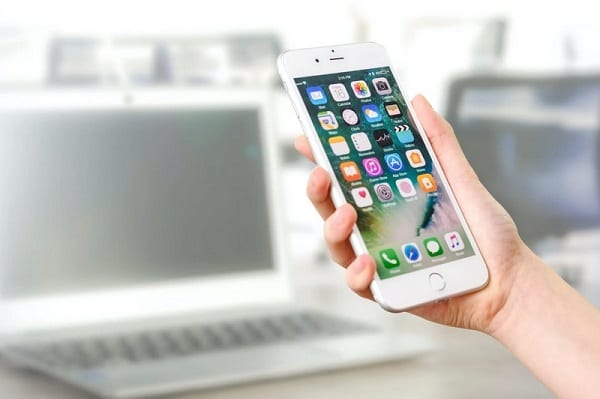ANNAPOLIS, MD—Governor Larry Hogan on Thursday announced that Maryland’s statewide contact tracing operation across all 24 of the state’s jurisdictions will be fully operational by next week. To launch this operation, Maryland has more than quintupled its disease investigation capacity, and will have more than 1,400 case investigators statewide.
“To support our local health officials, the state has built a robust contact tracing operation and massively expanded Maryland’s disease investigation capacity,” said Governor Hogan. “This will be a partnership across all 24 jurisdictions, and an all-hands-on deck effort to ensure health officials on the ground can trace and isolate the virus.”
“This is a way everyone can contribute to keeping each other safe and healthy, while helping us find and fight the virus,” said Fran Phillips, Deputy Secretary for Public Health at the Maryland Department of Health. “Participating with the state’s contact tracing program helps keep you, your family, your neighbors, co-workers, and community safe from this disease. Please answer the phone if you see ‘MD COVID’ on the screen; working with our COVID-19 case investigators truly can help save lives.”
At the start of the crisis, the state had a total of 250 case investigators working at local health departments. On April 22, Governor Hogan announced a contract with the National Opinion Research Center (NORC), the nation’s oldest and largest university-based research firm, to hire and train additional case investigators. Maryland is on track to have more than 1,400 case investigators statewide.
Local health officials, with support from the state, will have the capacity to track 1,000 cases and 10,000 contacts on a daily basis. After an individual tests positive, case investigators will then reach out to those individuals by phone within 24 hours to begin a trace investigation. Based on information collected about the COVID-19 positive individual’s symptoms and contact history, case investigators will call other people with whom the individual has had contact and provide necessary guidance about monitoring symptoms and isolating at home.
The Maryland Department of Information Technology (DoIT) and the Maryland Department of Health (MDH) partnered to develop COVID Link, a state-of-the-art data management platform, to facilitate the state’s contact tracing partnership with local officials. The platform was onboarded earlier this month as a pilot program in Baltimore City, rolled out to additional counties—including Prince George’s County and Anne Arundel County— and will be fully operational in all 24 jurisdictions next week.
The innovative COVID Link platform uses medical data from the Chesapeake Regional Information System for our Patients (CRISP) and incorporates it into Salesforce, which populates the data to allow the contact tracers to ask questions of the patient who has tested positive. These questions—and follow-up questions when necessary—will allow health officials to gain crucial information to determine if more steps need to be taken to lower the risk of the virus being spread further.
The platform features the ability to:
- Customize interview questions, call flows, and interviewer screens
- Determine call timeframes, escalation points, and follow-ups
- Manipulate real time data and view detailed metrics
- Integrate with Google API, AWS, and call center platforms
- Digitally intake contacts, support self-reporting, and customize forms
When the phone rings, the caller ID will read “MD COVID.” Depending on whether the contact investigator is calling directly from NORC or a local health department, there will also be a list of phone numbers provided to verify the caller’s identity. They will ask about one’s health, any potential symptoms, and the duration of those symptoms. They may ask about an individual’s whereabouts and interactions for a specific period of time. Guidance will be provided regarding self-isolation and monitoring for symptoms. They will ask for verification of date of birth and additional contact information, and if an individual has already tested positive for COVID-19, they may request details regarding that test.
A contact investigator will never ask for a Social Security number, financial or bank account information, or personal details unrelated to COVID-19. They will not ask for photographs or videos, passwords, or payment.
Maryland’s contact tracing workforce is trained to ensure that all personal information is collected in accordance with regulations and guidelines to protect privacy and personal health information. During a trace investigation, a person will be notified that they may have come into contact with an infected individual, but the infected person’s name is not disclosed and minimal information is conveyed.
The Community College of Baltimore County will be partnering with Baltimore County government to create an online training program for contact trace investigators.
The potential use of contact tracing has sparked a firestorm of criticism from privacy advocates in recent weeks. Special smartphone apps could help to reduce the spread of COVID-19, but such moves could also have profound implications for individual privacy in the long term.
[Photo by PhotoMIX Ltd. from Pexels
Do you value local journalism? Support NottinghamMD.com today.

